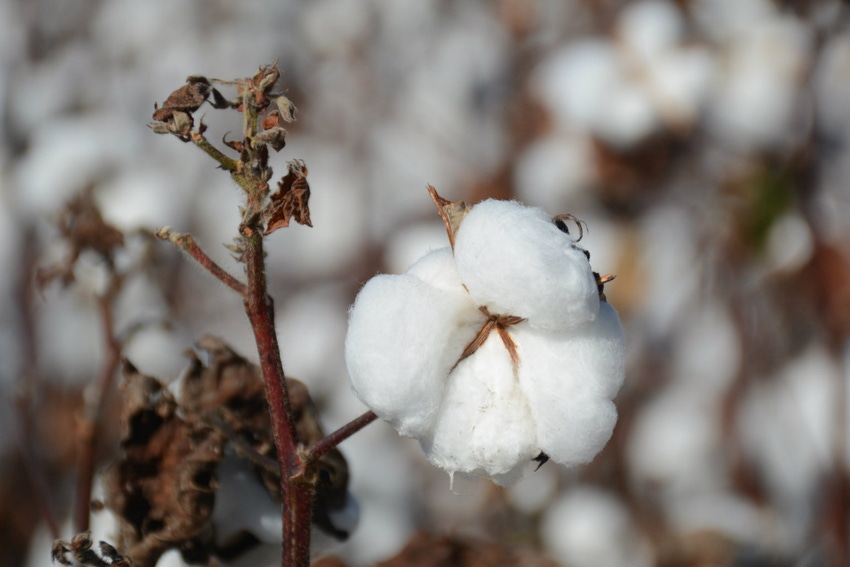
If the ongoing trade war with China is not resolved soon, mills in that country could move away from U.S. cotton permanently, cautions Bruce Atherley, executive director of Cotton Council International.
“Bottom line: We need China for the 2019/2020 marketing year and beyond,” Atherley said at the annual meeting of Southern Cotton Growers and Southeastern Cotton Ginners Association.
Atherley said the concern is that China will turn to Brazilian and West African cotton instead of U.S. cotton.
In the past, the U.S. cotton industry enjoyed a 46 percent share of all imports going into China. But that all changed when China issued a 25 percent tariff on U.S. cotton in retaliation for tariffs placed on Chinese goods by President Donald Trump.
Atherley notes that China accounts for one-third of total global mill use for cotton at 41 million bales. China produced roughly 26 million bales last year, leaving a gap of 15 million bales where they turned to imports and stocks to meet the shortfall.
For the 2018/2019 marketing year, Atherley believes China will need to increase its imports by at least 7 million bales or higher to meet its mill needs. “It’s a real shame we are in the tariff situation we are in because we could take advantage of that, but as we go forward, we think China is going to import somewhere between 10 to 15 million bales, and our fair share of that is at least five million bales,” Atherley said.
Despite the trade war and 25 percent tariff, Atherlery says Cotton Council International will stay the course and continue to promote the benefits of U.S. cotton to Chinese mills. China is still seen as a key market for U.S. cotton.
“Eventually, this trade dispute will end, and we are going to need to be in China. They like your cotton. They like U.S. cotton for its quality, its consistency and it’s low contamination,” Atherley said.
“The China situation is very complicated. Yes, they do cheat. Yes, they do steal intellectual property, but just from a pure cotton perspective, we need China. China is our most efficient market to ship to in the world so it keeps costs down, he said.
About the Author(s)
You May Also Like






